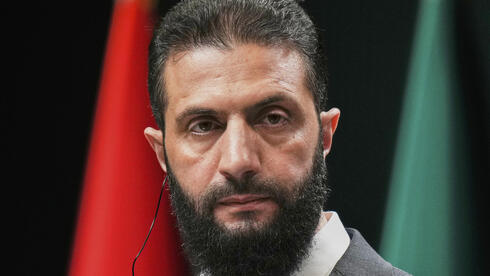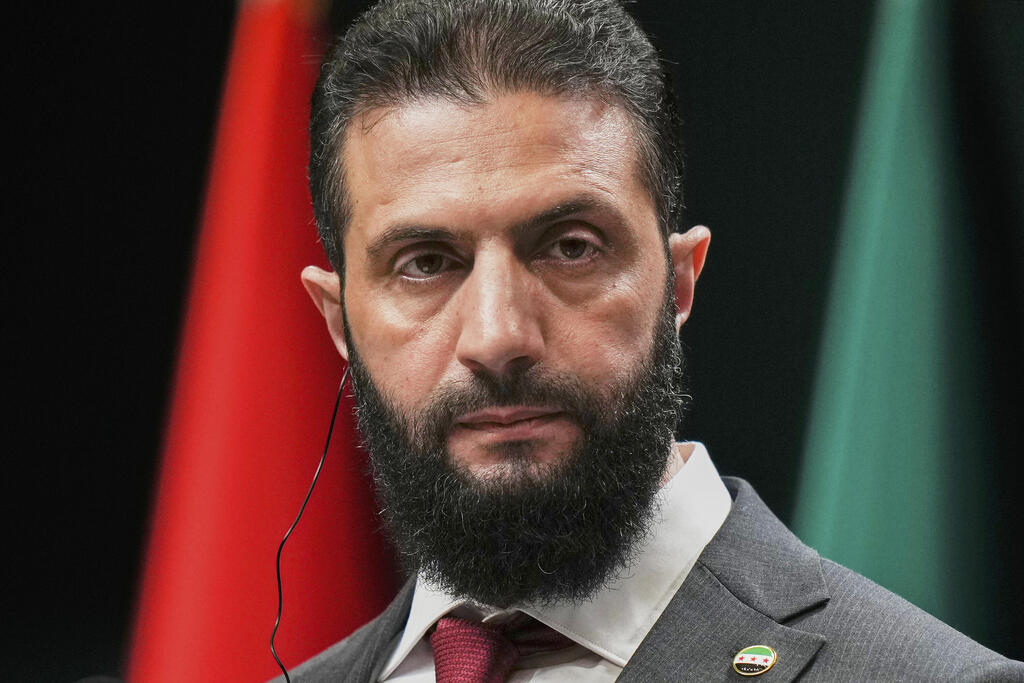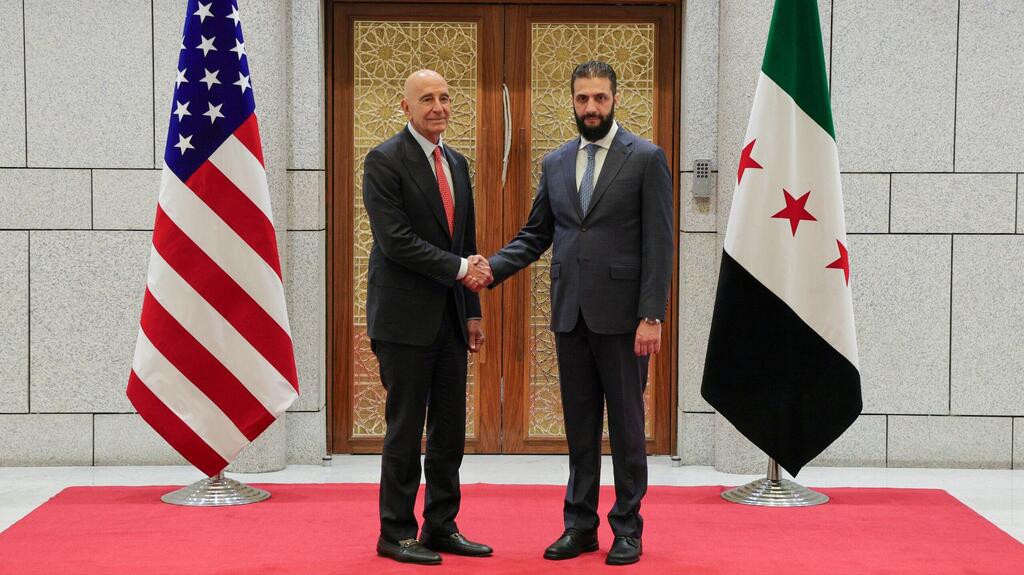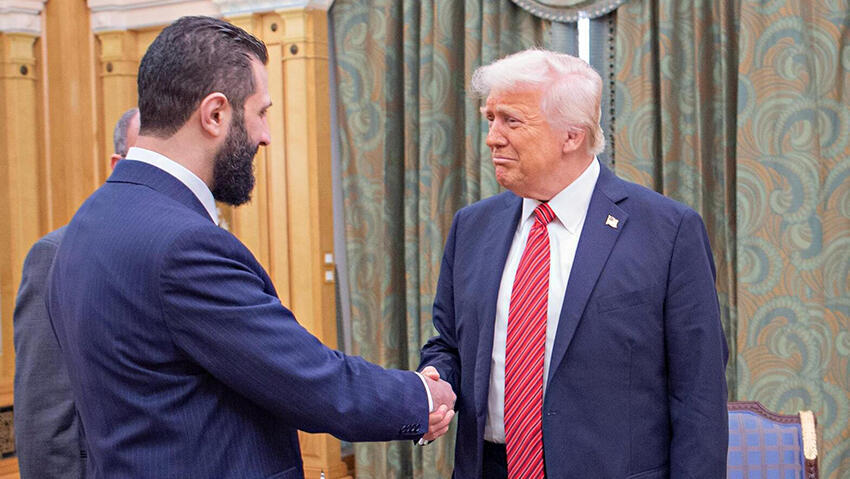However, he urged Israel to cease its ongoing airstrikes in Syrian territory. “Let me be clear,” al-Sharaa said. “The era of endless tit-for-tat bombings must end. No nation prospers when its skies are filled with fear.”
While stopping short of calling for immediate normalization with Israel, al-Sharaa signaled openness to future negotiations grounded in international law and sovereignty. “Peace must be earned through mutual respect, not fear,” he said. “We will engage where there is honesty and a clear path to coexistence — and walk away from anything less.”
At one point in the interview, al-Sharaa invoked Trump’s signature slogan, saying his own vision is to “make Syria great again.” He added, “I did not seek this position to rule, I accepted it because Syria must turn the page. And I would rather help write that history — with others — than watch it be torn apart again. We have no option but to succeed.”
The article described al-Sharaa’s vision for Syria as multicultural and pluralistic, with support for the right of return for all Syrians—Jews, Druze, Christians and others—whose property was confiscated by the former regime.
When asked if people would trust a government rising from the ashes of dictatorship, al-Sharaa replied, “I don’t ask for trust, I ask for patience — and for scrutiny. Hold me accountable. Hold this process accountable. That is how trust will come. Asked what Syrians need most now, he answered, “Dignity through work. Peace through purpose.”



